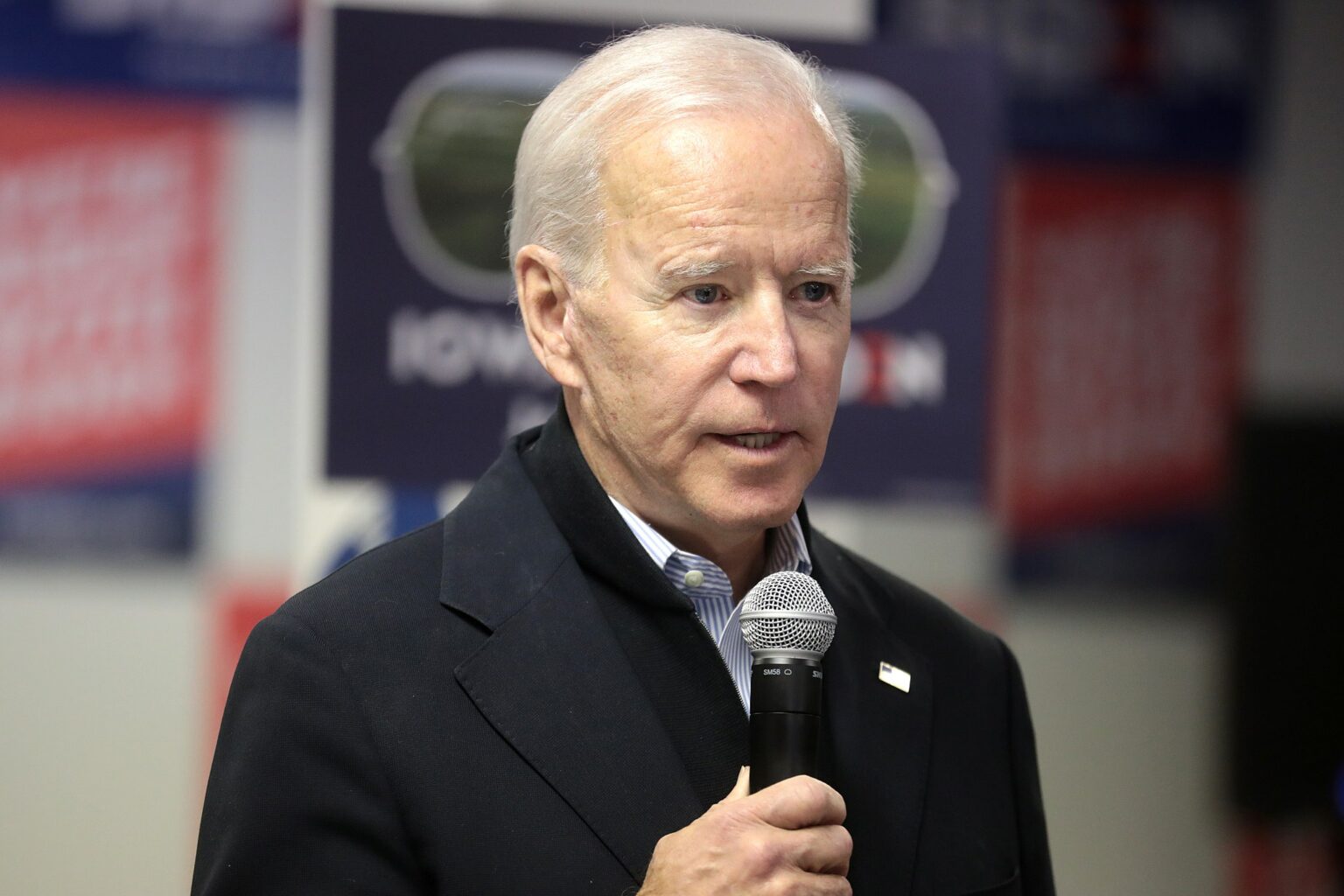Does Biden know it’s an election year? Is he trying to lose?
This week, the Biden administration is set to unveil a groundbreaking rule targeting the gig economy, a move that could have far-reaching implications for the millions of American workers engaged in this sector. The impending regulation, slated to be introduced by the U.S. Department of Labor, addresses the substantial expansion witnessed in the gig economy over recent years, which has seen approximately 36 percent of American workers, or roughly 57.2 million individuals, employed in this sector prior to the pandemic, as reported by Gallup and Statista. By 2023, the number of freelancers in the U.S. had surged to an estimated 73.3 million, according to Statista’s projections.
The proposed rule aims to grant independent contractors the same rights and protections as traditionally employed workers, superseding a prior regulation from the Trump administration. The former rule stipulated that individuals who owned their own businesses or had the option to work for multiple companies could be classified as contractors. The Biden administration contends that this practice violated U.S. wage laws, enabling companies to pay their independent contractors substantially less than their regular employees.
Former U.S. Labor Secretary Marty Walsh, in October, underscored that the misclassification of workers resulted in the denial of their federal labor protections, including the right to receive their full, legally earned wages. The proposed rule draws inspiration from California’s Assembly Bill 5 (AB5), commonly known as the gig worker bill, which mandated the reclassification of independent contractors as employees in most cases. Implemented on January 1, 2020, AB5 entitled gig workers to a minimum wage, employee benefits, and other privileges akin to those enjoyed by traditionally contracted employees.
However, AB5 faced criticism from diverse groups for its potential impact on gig workers’ schedule flexibility and the potential rise in costs passed on to consumers due to reclassified workers. In response, California amended the law in September 2020, introducing exemptions for numerous categories across various sectors.
While the proposed U.S. Department of Labor law garners support from trade unions and some workers’ rights advocates, it is anticipated to encounter significant opposition. The Freedom Foundation, a conservative think tank based in Washington, previously criticized California’s law as a “job killer,” making it more challenging for individuals in the state to secure employment. The fate of the forthcoming U.S. Department of Labor law remains uncertain, but if enacted, it is expected to take effect later this year, potentially reshaping the landscape of the American job market.
